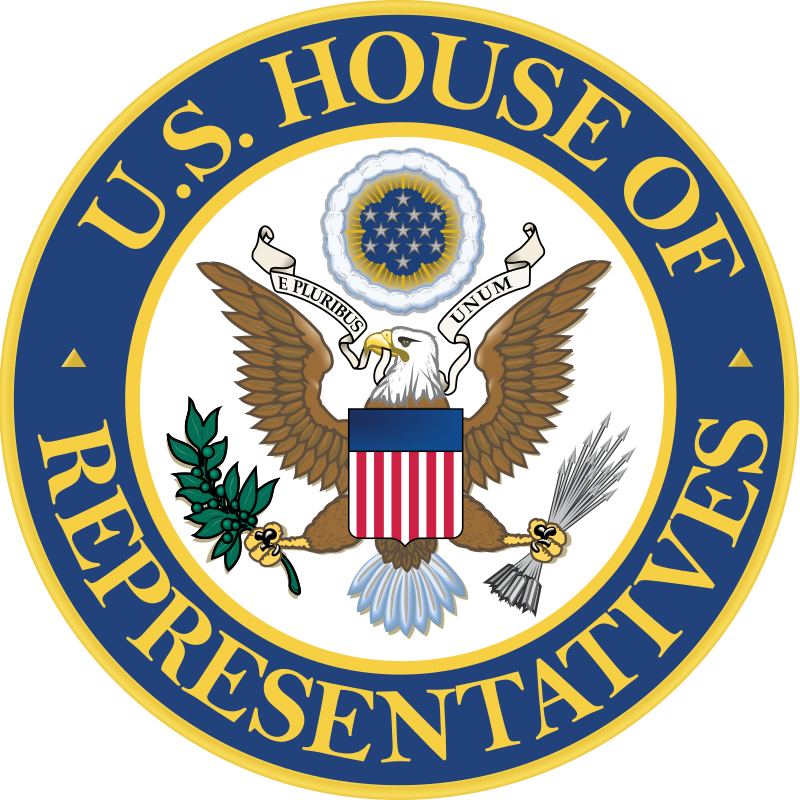U.S. House of Representatives Introduces Music Modernization Act — Implications for Producer & Engineer Royalties
Could Congress be on the verge of making life better for American music creators?
It’s possible. Earlier today, H.R. 5447, also known as the Music Modernization Act, was formally introduced in the U.S. House of Representatives’ Judiciary Committee. Long advocated for by major musician and audio professional advocates such as the Recording Academy and the Association of Independent Music Publishers (AIMP), this bipartisan bill represents what many see as being the most significant update to music legislation in the past 40 years.

The House is onto something big for producers, engineers and studios with the Music Modernization Act.
Chairman Bob Goodlatte (R-Va.) and Ranking Member Jerrold Nadler (D-N.Y.) introduced the Music Modernization Act to the House, with the intention of bringing music legislation in synch with 21st century technology. It aims to bring cohesion to the music industry with one comprehensive piece of legislation that aligns copyright law with the current music ecosystem.
According to representatives of the Recording Academy, the bill unites provisions from four previously introduced bills—the Allocation for Music Producers (AMP) Act, the CLASSICS Act, the Fair Play Fair Pay Act, and a songwriter-specific version of the Music Modernization Act—under one legislative umbrella. Key points of the bill include:
- Creating a new collection entity to ensure that songwriters get paid mechanical licenses when digital services use their work
- Establishing the same rate standard for both artists and songwriters whenever the government sets royalty rates
- Closing the “pre-1972 loophole”, to change the way that digital services will pay legacy artists
- Recognizing producers and engineers in copyright law for the first time, and ensuring their ability to collect royalties from SoundExchange
- Changing the rate court process for ASCAP and BMI
Recording Academy President/CEO Neil Portnow commented: “Since first proposed four years ago at GRAMMYs on the Hill, it has been a goal of the Academy and its members to pass a music omnibus, or ‘music bus,’ bill that helps our songwriter, performer, producer, and engineer members. With the introduction of the Music Modernization Act, this dream of bringing fairness to all creators is now close to reality.”
Recording Academy Trustee Mike Clink, record producer and engineer with credits that include Guns N’ Roses, Megadeth, Metallica, and Mötley Crüe also weighed in from a producer’s perspective on the need for the bill: “In order to adequately address the copyright concerns of producers and their collaborators, Congress should pass comprehensive music licensing reform that strengthens protections and promotes fair-market pay for all music creators across all platforms,” he said.
Michael Eames, President of (AIMP); Alisa Coleman, AIMP New York Executive Director; and John Ozier, AIMP Nashville Executive Director, also issued a joint statement on today’s introduction of the Music Modernization Act:
“The AIMP is pleased to see that the U.S. Congress is moving forward with the Music Modernization Act, which was introduced today by Rep. Bob Goodlatte (R-Va.). For too long, songwriters and publishers have been forced to deal with an outdated music licensing system that doesn’t work in today’s online world. Now for the first time, the music and technology industry as well as lawmakers from both sides of the aisle have come together to address these issues and give rights-holders more control over the licensing and collection of their works.
“The Act solves a variety of issues that afflict all songwriters and publishers but will significantly help independent songwriters and independent publishers by adopting a more modern and realistic rate standard, establishing a central public database to ease royalty payments from digital services, removing evidence limitations placed on rights-holders arguing for more accurate royalty rates, allowing PROs to be heard by more than the same two judges, and once and for all establishing that digital services must pay for the use of pre-1972 recordings.”
“Markup”—the process by which proposed legislation is debated, amended, and rewritten—is scheduled for April 11.
According to its proponents, passing of the Music Modernization Act stands to benefit producers, engineers, mixers, mastering engineers, studios, recording artists, songwriters and others in the music production ecosystem. Those who support this legislation can enter their address here to contact their legislator about it.
–David Weiss
Please note: When you buy products through links on this page, we may earn an affiliate commission.






